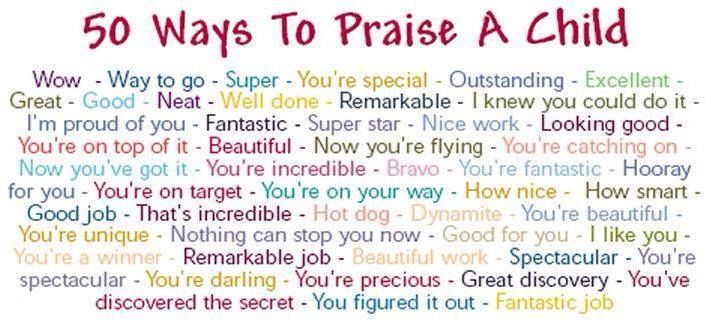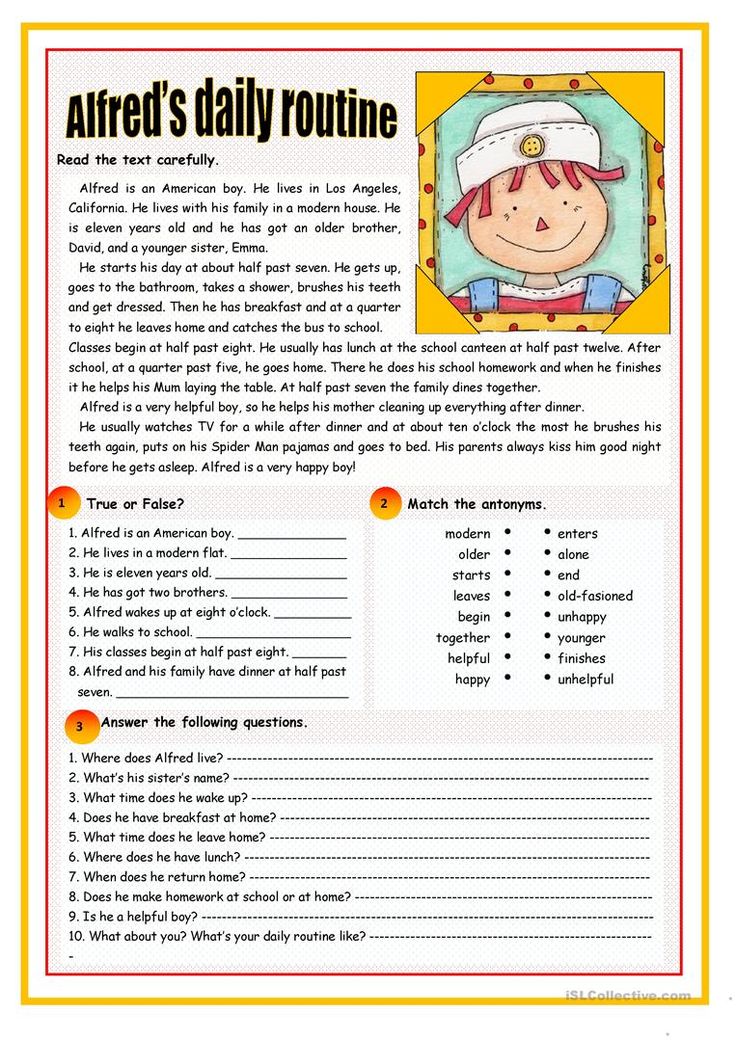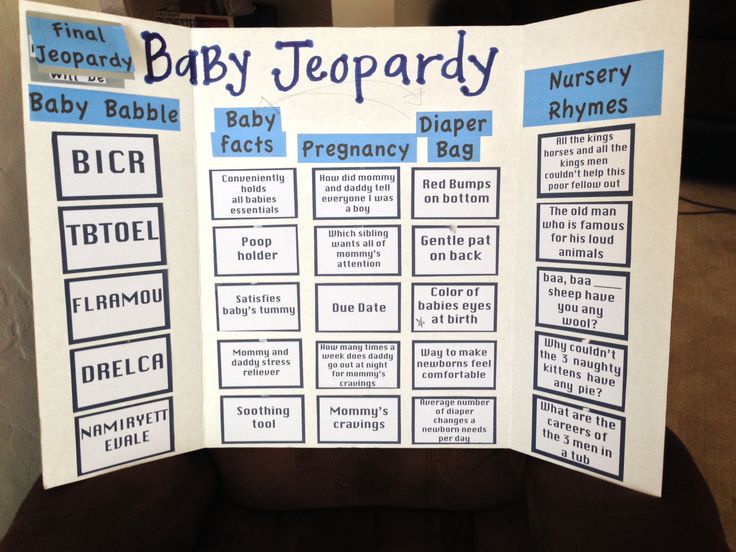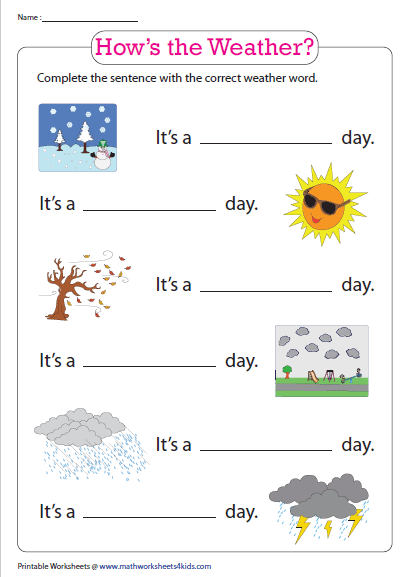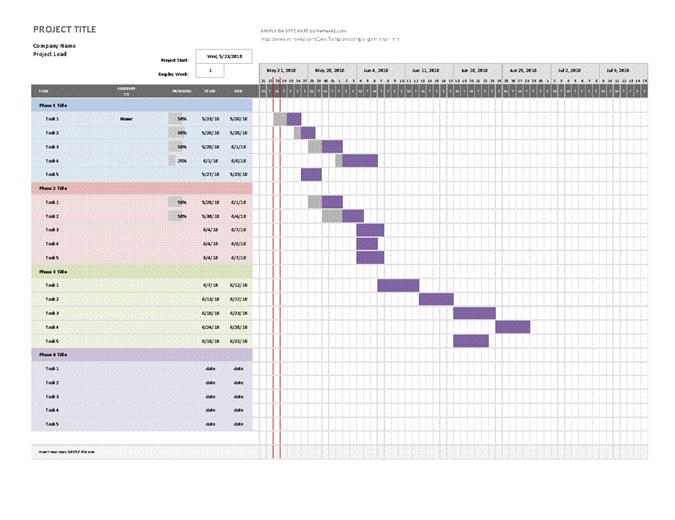How to praise your child
How to Praise a Child With Words (50 Examples)
| Benefits of Praising children | How to Praise a Child with Words | Examples |
How to praise a child with words appropriately and effectively? Coming up with encouraging words for kids can be tricky.
Words of encouragement for kids, when used in the right way, can have a powerful positive impact on the kids’ lives. But if you’re not careful, there will be unexpected side effects.
Let’s look at the 7 proven types of encouraging words that can motivate kids without the negative side effects.
Encouraging words for kids are commonly used by parents and teachers. When used right, these encouraging words can have powerful positive effects on kids. This is because positive reinforcement can condition young children to repeat the praised behavior.
Whether it is academic performance or sports achievements, “Well done”, “Good job” or “You’re so smart” are common encouraging words to tasks well done.
But using these encouraging words for kids doesn’t always inspire kids’ motivation.
In fact, using them indiscriminately can be counter-productive1.
Benefits of Using Appropriate and Effective Encouraging Words For Kids
Here are three benefits of using the right words of encouragement for kids.
Improve children’s self-esteem
Studies have shown that positive phrases for kids with low self-esteem are particularly beneficial2.
Increase intrinsic motivation
Positive words of Encouragement can increase students’ intrinsic motivation. Academic intrinsic motivation can affect a child’s desire to learn. As a result, students with higher intrinsic motivation tend to have better academic achievements.
Enhance perseverance
Parents’ encouragement for kids can enhance children’s engagement and perseverance4.
How to Praise a Child With Words
If encouragements are so useful, does it mean that you should praise your son or daughter lavishly, and they will then be so motivated that you will never have to worry about them not working hard in school?
There are many ways to praise a child, but not all encouraging words are equal.
Words matter.
If used copiously, some types of encouragement can actually do more harm than good.
So how to encourage kids without negative effects?
The key lies in how and when children are praised.
Here are 7 tips on using encouraging words for kids constructively.
1. Praise Sincerely And Honestly
We sometimes praise our children purposely to boost their self-esteem, motivate them, encourage certain behavior, or protect them from hurtful feelings. However, if encouraging words are not perceived as sincere and honest, children won’t feel very encouraged1.
Insincere praises are not only ineffective, but they can also be harmful.
Encouraging words that are inconsistent with self-view may be perceived as insincere. These encouraging words are discounted when children think about their own behavior that is contrary to the praise (“That’s not true. I actually wasn’t that good.”). Such encouragement can lead to children’s self-criticism and even intentional sabotage to resolve such discrepancies.
Effusive or overly general encouragement may also be perceived as insincere because the more general the praise, the less likely it is consistent with the existing facts. (“I’m not an angel. I didn’t do my homework last night.”)
Not praising children spontaneously or praising just to reinforce or manipulate behavior are perceived to be insincere as well.
Examples:
| Don’t | Do |
|---|---|
| You’re a genius for solving that problem! (“Genius? I only got one out of three questions!”) | You came up with an excellent answer for the last question. |
| What an angel you are! (“I’m an angel for sharing a cookie? What about not doing homework last night?”) | It’s generous of you to share your cookie. |
| You did very well. I’m sure you will do well again next time. (manipulate) | I love the solution you came up with. |
2. Be Specific And Descriptive
Instead of sweeping words of encouragement, praise children using descriptive and specific words.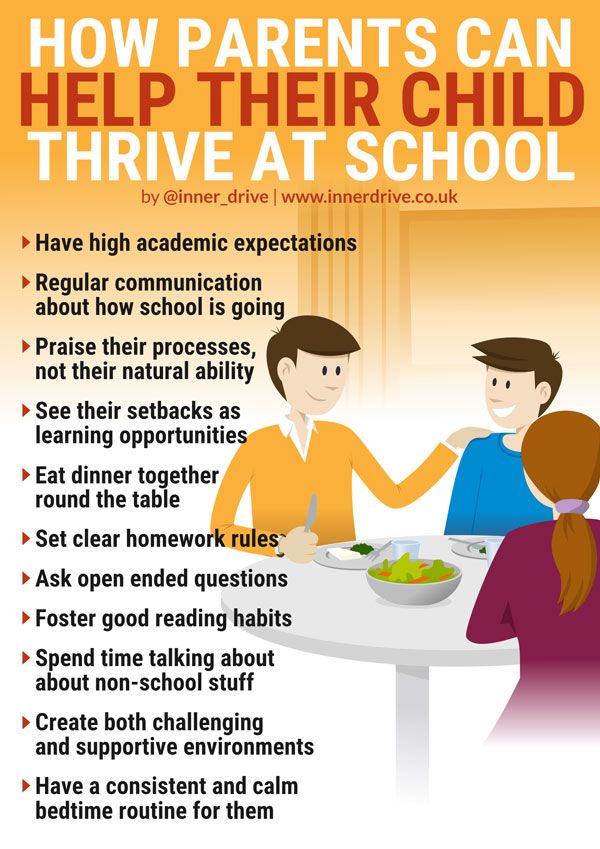 The less general or generic the encouragement, the more likely it is factually correct and perceived as sincere.
The less general or generic the encouragement, the more likely it is factually correct and perceived as sincere.
Pointing out a specific aspect of the child’s performance or describing what behavior led to excellent results is a good way to send positive messages.
Noticing small things signals you have paid attention and you really care. They are found to be more effective in promoting desired behavior5.
Examples:
| Don’t | Do |
|---|---|
| What an awesome painting! | I like the way you are using different colors on this drawing. |
| Great job! | You came up with a thoughtful answer and really nailed that question! |
3. Praise Children’s Efforts And The Process, Not Their Achievement or Ability
One reason human is the smartest animal on Earth is that we want to learn and understand the cause and effect of matters. How we attribute to events affects how we think of and respond to future events6.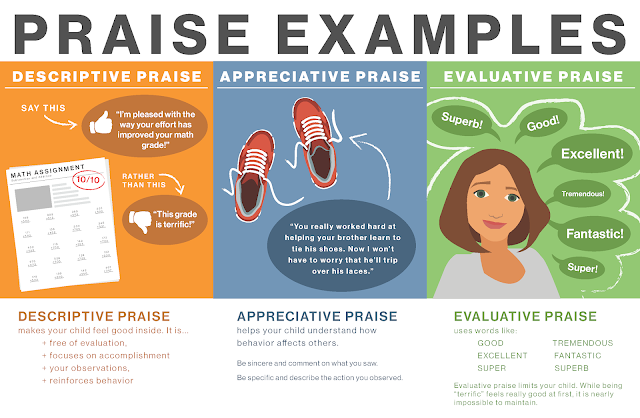
When children are praised for their efforts in doing a task, they learn to attribute success to their efforts. Because effort is a quality that we all have the power to control and improve, these children will therefore focus more on putting in the effort to practice or develop skills than on pursuing results per se.
This type of mastery encouragement helps children adopt a growth mindset which allows children to believe in practicing and improving skills. Such a learning mindset can increase kids’ intrinsic motivation, persistence, and enjoyment4.
When facing failure, these children believe that they have failed because they simply have not tried hard enough. The failure will be avoidable if they put in more hard work. So these kids are motivated to try again and they tend to improve in performance7. They are more resilient and do not crumble when they fail.
On the other hand, children praised for abilities attribute success to their abilities rather than their own effort.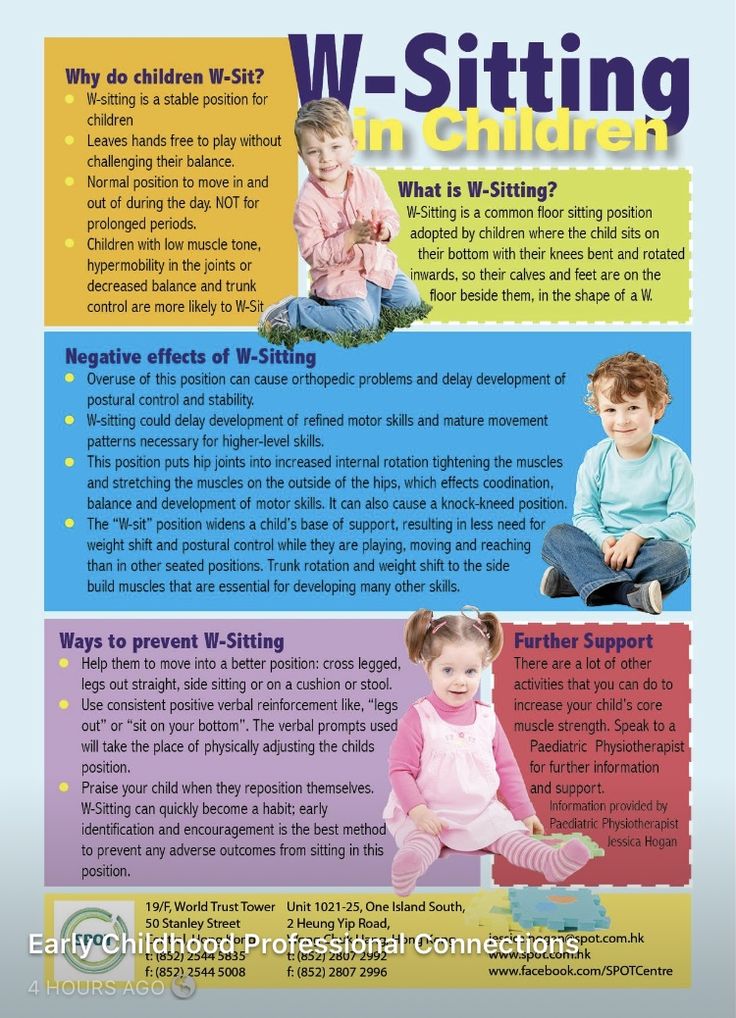 Such encouraging words for kids do tend to negatively affect children in two different ways.
Such encouraging words for kids do tend to negatively affect children in two different ways.
First, having good results linked to ability may influence children to change their goals for achievements to result-oriented. They assess their abilities through performance.
For example, praising a child smart for a good grade may cause them to want to continue to prove that they are intelligent through good performance8. This may motivate children who have succeeded to do more and try harder.
On the surface, this type of encouragement can increase kids’ motivation.
However, researchers have found that these children are also more likely to sacrifice potentially valuable learning opportunities if these opportunities hold the risk of making mistakes and do not ensure outstanding performance. These children reject new learning to preserve their “smart”. Once these children encounter failure in the praised domain, they also quit faster.
Ability praise sent a subtle message that previous success was because of the praised traits.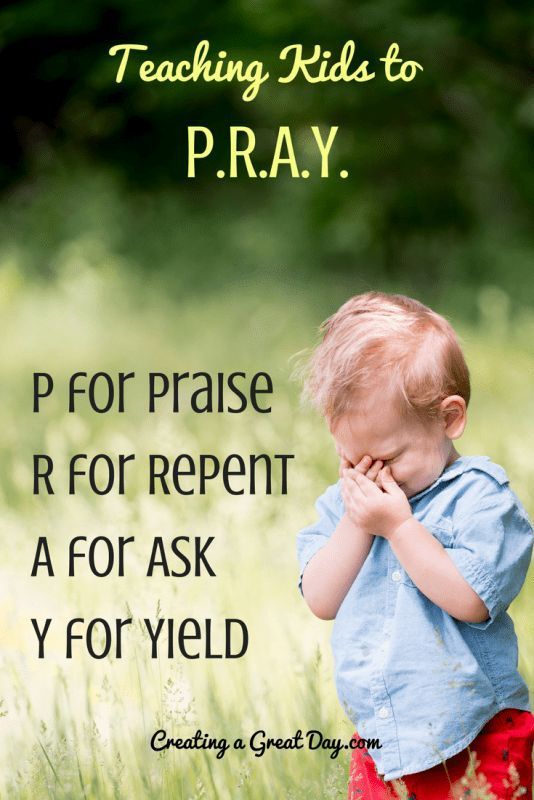 Failure then implies a lack of fixed ability. Children who carry this fixed mindset give up trying more easily when things become difficult. They suffer from achievement-based helplessness9,10. Those who cannot recover to try again after experiencing failure lack the resilience needed to succeed in life.
Failure then implies a lack of fixed ability. Children who carry this fixed mindset give up trying more easily when things become difficult. They suffer from achievement-based helplessness9,10. Those who cannot recover to try again after experiencing failure lack the resilience needed to succeed in life.
So praising ability has an immediate benefit in motivation, but it also has a long-term cost in vulnerability when facing failure or difficult situations.
Ability-vs-effort is not the only determining element in the effectiveness of encouragement. Other factors include the age of the child (can they distinguish ability/effort?) and context of the encouragement (are they praised after another event that can have other implications?).
To avoid those potential pitfalls, parents can praise the process which is another type of encouragement related to effort11. The process includes not only effort but also other qualities such as strategies, thoughtfulness, concentration, self-corrections.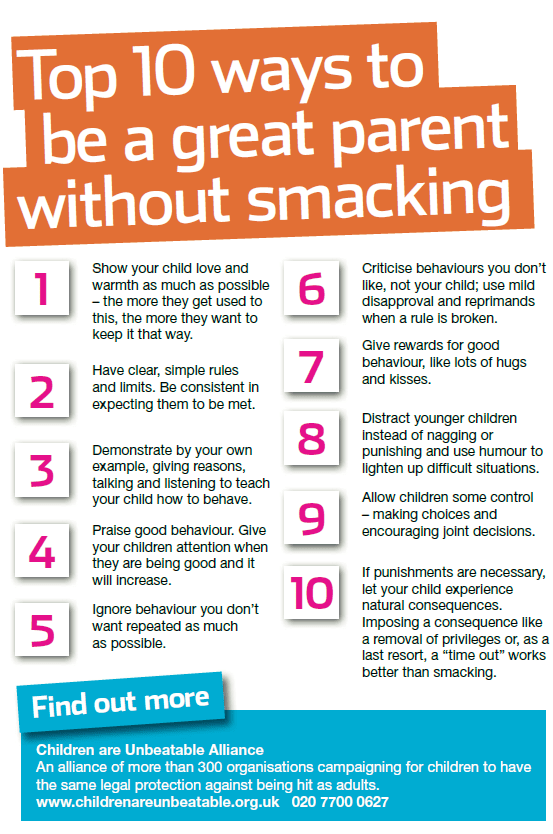
Research shows that toddlers who receive more process praise perform better seven years later academically12.
Examples:
| Don’t | Do |
|---|---|
| What a smart boy! | I can see that you worked really hard on putting the pieces together. |
| Your ability in puzzle solving is excellent. | Your strategy in solving this puzzle by separating the colors was excellent! |
| You are such a great puzzle-solver! | You are good at trying different ways to solve a hard puzzle. |
For more help on calming tantrums, check out this step-by-step guide
4. Avoid Controlling Or Conditional Praise
Controlling phrases are different from positive informational feedback used to affirm a child’s progress, improvement, or task mastery. They are given intending to manipulate or control.
A statement such as “Good! I know you can do better” is intended to motivate the child to try harder next time.
When encouragement is used as a controlling tool, they utter approval and positive evaluation, which is contingent upon good results or performance. These conditional encouragements instill a sense of contingent self-worth in kids13.
Self-worth is a general positive/negative regard (or good/bad) that they feel they deserve from others. Kids as young as two years old or preschoolers develop a sense of self-worth.
When kids view that their feelings of self-worth are contingent on approval and positive judgment, they seek goals that are self-valuation-focused. These kids’ self-worth is then contingent on reaching the goals14.
For example, if a child feels that his self-worth is affected by how well he plays football, then his goals will be to perform well in practice and matches to increase or maintain a strong sense of self.
To some parents, this may be what they want, or they think they want.
However, this child will also avoid activities that may cause negative judgment.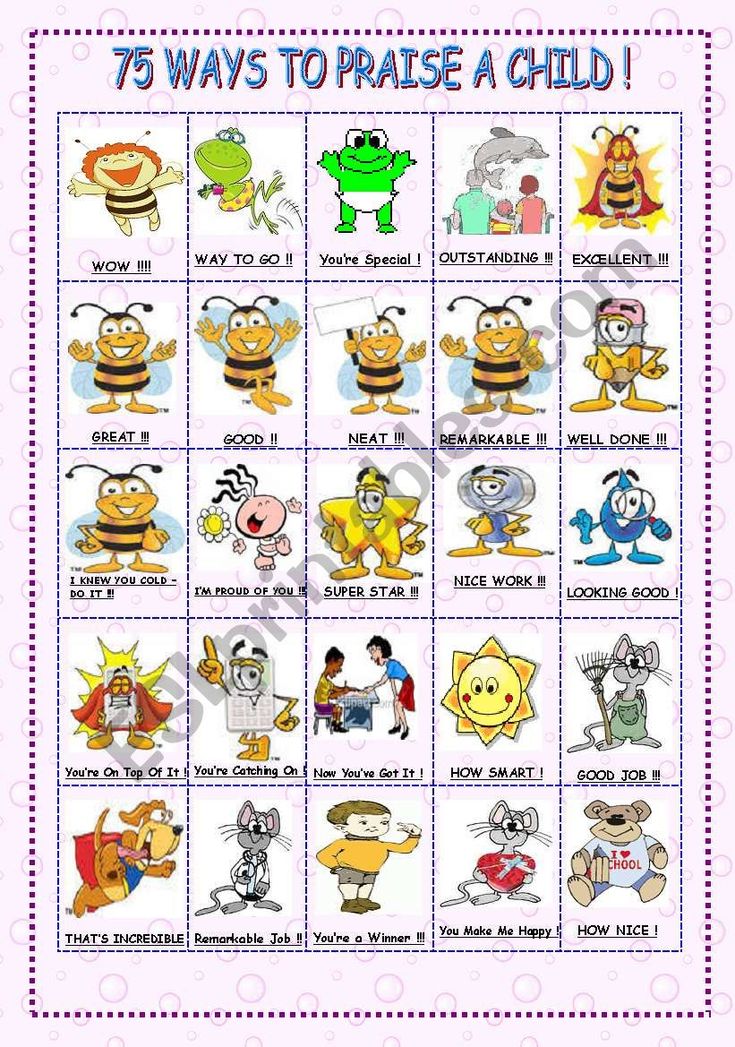
That means kids who feel their self-worth is contingent on approval will not want to try new things, fearing novelty means less expertise to achieve good outcomes. These kids are also less creative because innovation might disrupt the cultural norm, resulting in negative judgment. They are also less self-directing and prefer conformity15.
Conditional praise also acts as extrinsic motivation and reduces kids’ intrinsic motivation16. These children tend to have less healthy self-esteem17.
It is also worth noting that the negative impact of controlling praises is bigger on girls than on boys18.
Examples:
| Don’t | Do |
|---|---|
| I’m sure you will want to do better next time. | You’ve worked really hard on this every day and I like how you’ve drawn this picture using bright colors. |
| You did very well on that one, just as expected. | You did very well on that one. |
| If you keep it up every day, I believe you will do very well. | You did really well in collecting the data. |
5. Avoid Comparison Praise
It’s easy to fall into the habit of encouraging by comparison. After all, that’s how most of us were raised — we were compared in school, in sports, in extracurricular activities, in university entrance exams such as SAT or ACT, at work.
At times, those comparisons with someone else can motivate us to study or work harder.
The problem is, it can also backfire when we fail.
Think about how it feels when you compare yourself with a more successful peer. When we perform well in comparison, we are proud19, excited, and motivated20. But when we fail, it probably depresses rather than motivates us.
Similarly, comparison praising leaves children vulnerable to future setbacks. Kids who are praised by comparison don’t stop comparing when they fail. Instead, they lose motivation faster21.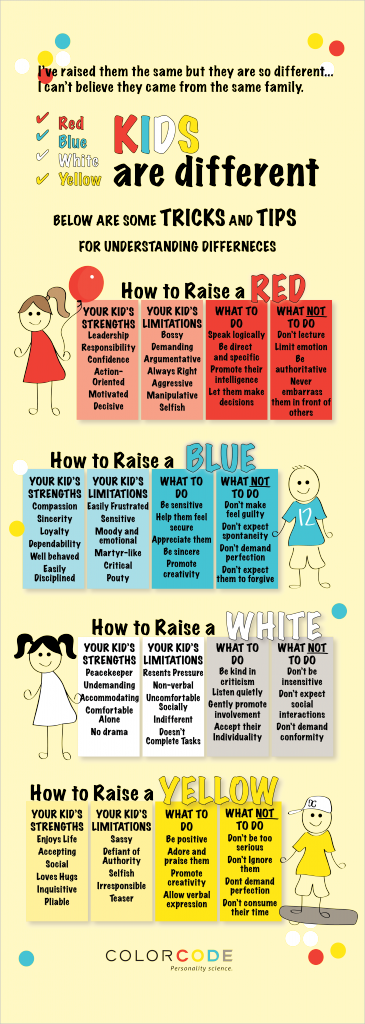
When these kids face difficulties, they show more negative emotion, frustration, anxiety, and helplessness than children who are mostly praised for their mastery of task22. They become less resilient.
Like conditional praise, social-comparison encouragement teaches children that winning, not learning, is the goal. This winning-oriented attitude reduces intrinsic motivation affecting children’s desire to learn or to overcome failure23.
To prevent failure, these kids avoid challenges or stop learning new things that require skills they don’t already have an advantage over others.
| Don’t | Do |
|---|---|
| You are so good, just like your sister. | You are good at playing this game. |
| You are the smartest in your class! | You solved the problem with such great focus. |
6. Avoid Easy-Task Praise Or Over-Praise
There are multiple negative impacts when adults praise simple tasks or overpraise anything.
Handing out encouraging words for tasks that are easy to complete, or not done well, is perceived as insincere. Doing so can also have two types of impact on a child’s self-esteem, both are not great things24.
For kids who have low self-esteem, their parents may give inflated praise in an attempt to help raise it. Paradoxically, such praise can lower these children’s motivation and sense of self-worth in setbacks25.
For kids who have high self-esteem, inflated praise does not lower self-esteem, but cultivates narcissism. Narcissistic children feel superior to others, believe they are entitled to privileges and want to be admired by others26.
Overpraising also conditions kids to expect praises every time. It becomes an extrinsic reward that reduces, not increases, motivation. Frequent praising also leads children to believe the absence of praise signifies failure.
7. Be Spontaneous
Praise is a double-edged sword.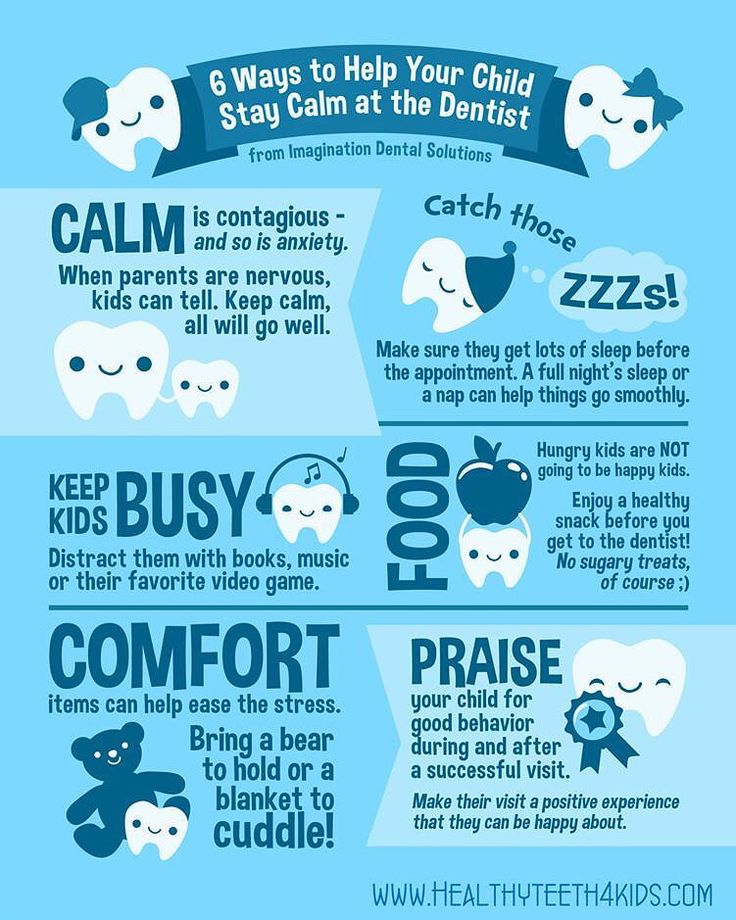 To avoid overpraising or sounding insincere, the best way to use words of encouragement is to give them spontaneously when they’re not expected.
To avoid overpraising or sounding insincere, the best way to use words of encouragement is to give them spontaneously when they’re not expected.
Compliment something unexpectedly and authentically.
Be spontaneous. For example, include an encouraging note for a child, provide affirmation or offer appreciation words for kids as a surprise. Appreciating children’s work can take many forms. You can also encourage your child physically, e.g. give them a big hug, high-five, or pat on the back to acknowledge their achievements.
Do not make it a habit to praise every positive action. You don’t have to praise every day to help kids feel motivated. Benefits of praising a child disappear when it is expected.
Need Help Motivating Kids?
If you are looking for additional tips and an actual step-by-step plan, this online course How To Motivate Kids is a great place to start.
It gives you the steps you need to identify motivation issues in your child and the strategy you can apply to help your child build self-motivation and become passionate about learning.
Once you know this science-based strategy, motivating your child becomes easy and stress-free.
50 Examples of Encouraging Words For Kids
The following is a list of encouraging words and positive praise examples that can be used on common occasions.
Encouraging and Inspirational Words
Congratulations! You worked really hard for this.
You proactively solved this problem and achieved success.
Be proud of yourself.
Your effort makes an enormous difference.
These are very creative ideas.
You’ve come up with a lovely solution.
Your unique solution nailed that question.
I can see that you’ve worked very hard putting them together.
You were so careful when you stacked the blocks and see how tall it is.
You had amazing focus when you were working on this project.
Words of Encouragement for Making Good Decisions
That’s a very generous thing to do.
That’s very thoughtful of you.
You’re being such a good friend.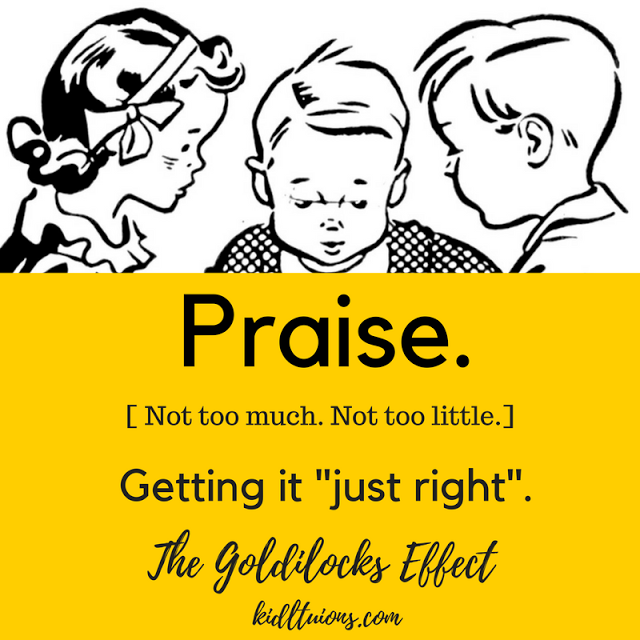
You used such kind words.
Thank you for thinking of your sister.
You make a difference in this.
You gave very good advice to your friend.
I like your unique sense of style.
You have such a kind heart.
Your compassion for others is wonderful.
I like how you included your new friends in the game.
The ideas you came up with were very appropriate.
Words of Encouragement in Difficult Times
It’s about how much you’ve learned, not how much you’ve won.
You had fun doing it! Winning is not the goal.
You’ve learned so much and you will be able to use this knowledge to improve your skills.
I love you just the way you are.
Not giving up and keeping practicing every day are your best traits.
Winning or losing doesn’t define who you are. You do.
The reason for going to school is to learn, not just to do well in tests.
You have so much room to grow as long as you don’t give up.
Believe in yourself.
Words to Appreciate a Child or Praise a Child
Thank you for saying that. It means so much to me.
You have no idea how much this means to me.
You are so generous.
That was very selfless of you.
You were so kind to that little kid.
Thank you for being such a great helper here.
You made my day.
Your help enabled us to finish this quickly.
The selflessness you showed there was very admirable.
That little girl is so lucky to have you as a friend.
What a generous person you are!
References
-
1.
Henderlong J, Lepper MR. The effects of praise on children’s intrinsic motivation: A review and synthesis. Psychological Bulletin. 2002:774-795. doi:10.1037/0033-2909.128.5.774
-
2.
Smith RE, Smoll FL. Self-esteem and children’s reactions to youth sport coaching behaviors: A field study of self-enhancement processes.
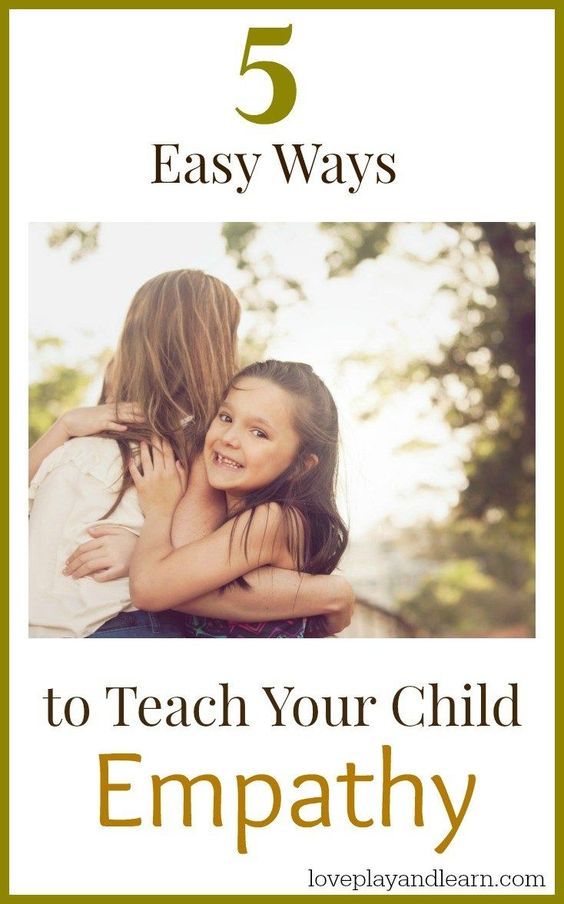 Developmental Psychology. 1990:987-993. doi:10.1037/0012-1649.26.6.987
Developmental Psychology. 1990:987-993. doi:10.1037/0012-1649.26.6.987 -
3.
Gottfried AE, Fleming JS, Gottfried AW. Role of parental motivational practices in children’s academic intrinsic motivation and achievement. Journal of Educational Psychology. 1994:104-113. doi:10.1037/0022-0663.86.1.104
-
4.
Waters LE, Loton D, Jach HK. Does Strength-Based Parenting Predict Academic Achievement? The Mediating Effects of Perseverance and Engagement. J Happiness Stud. May 2018:1121-1140. doi:10.1007/s10902-018-9983-1
-
5.
Chalk K, Bizo LA. Specific Praise Improves On‐task Behaviour and Numeracy Enjoyment: A study of year four pupils engaged in the numeracy hour. Educational Psychology in Practice. December 2004:335-351. doi:10.1080/0266736042000314277
-
6.
Graham S. A review of attribution theory in achievement contexts. Educ Psychol Rev. March 1991:5-39. doi:10.1007/bf01323661
-
7.
Diener CI, Dweck CS. An analysis of learned helplessness: II. The processing of success. Journal of Personality and Social Psychology. 1980:940-952. doi:10.1037/0022-3514.39.5.940
-
8.
Mueller CM, Dweck CS. Praise for intelligence can undermine children’s motivation and performance. Journal of Personality and Social Psychology. 1998:33-52. doi:10.1037/0022-3514.75.1.33
-
9.
Diener CI, Dweck CS. An analysis of learned helplessness: Continuous changes in performance, strategy, and achievement cognitions following failure. Journal of Personality and Social Psychology. 1978:451-462. doi:10.1037/0022-3514.36.5.451
-
10.
Elliott ES, Dweck CS. Goals: An approach to motivation and achievement. Journal of Personality and Social Psychology. 1988:5-12. doi:10.1037/0022-3514.54.1.5
-
11.
Kamins ML, Dweck CS. Person versus process praise and criticism: Implications for contingent self-worth and coping.
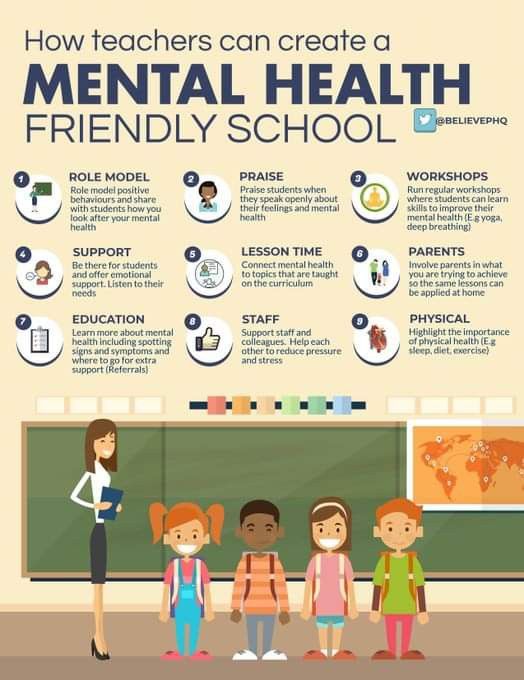 Developmental Psychology. 1999:835-847. doi:10.1037/0012-1649.35.3.835
Developmental Psychology. 1999:835-847. doi:10.1037/0012-1649.35.3.835 -
12.
Gunderson EA, Sorhagen NS, Gripshover SJ, Dweck CS, Goldin-Meadow S, Levine SC. Parent praise to toddlers predicts fourth grade academic achievement via children’s incremental mindsets. Developmental Psychology. March 2018:397-409. doi:10.1037/dev0000444
-
13.
Thompson T. Do we need to train teachers how to administer praise? self-worth theory says we do. Learning and Instruction. March 1997:49-63. doi:10.1016/s0959-4752(96)80730-4
-
14.
Crocker J, Knight KM. Contingencies of Self-Worth. Curr Dir Psychol Sci. August 2005:200-203. doi:10.1111/j.0963-7214.2005.00364.x
-
15.
Haslam SA, Reicher StephenD. Contesting the “Nature” Of Conformity: What Milgram and Zimbardo’s Studies Really Show. PLoS Biol. November 2012:e1001426. doi:10.1371/journal.pbio.1001426
-
16.
Deci EL, Driver RE, Hotchkiss L, Robbins RJ, Wilson IM.
The Relation of Mothers′ Controlling Vocalizations to Children′s Intrinsic Motivation. Journal of Experimental Child Psychology. April 1993:151-162. doi:10.1006/jecp.1993.1008
-
17.
Kernis MH, Brown AC, Brody GH. Fragile Self‐Esteem in Children and Its Associations With Perceived Patterns of Parent‐Child Communication. Journal of Personality. April 2000:225-252. doi:10.1111/1467-6494.00096
-
18.
Kast A, Connor K. Sex and Age Differences in Response to Informational and Controlling Feedback. Pers Soc Psychol Bull. September 1988:514-523. doi:10.1177/0146167288143010
-
19.
Webster JM, Duvall J, Gaines L, Smith R. The Roles of Praise and Social Comparison Information in the Experience of Pride. The J of Social Psych. April 2003:209-232. doi:10.1080/00224540309598441
-
20.
Gaines LM, Duvall J, Webster JM, Smith RH. Feeling good after praise for a successful performance: The importance of social comparison information.
 Self and Identity. October 2005:373-389. doi:10.1080/15298860500280223
Self and Identity. October 2005:373-389. doi:10.1080/15298860500280223 -
21.
Dijkstra P, Kuyper H, van der Werf G, Buunk AP, van der Zee YG. Social Comparison in the Classroom: A Review. Review of Educational Research. December 2008:828-879. doi:10.3102/0034654308321210
-
22.
Zeidner M, Schleyer EJ. The Big-Fish–Little-Pond Effect for Academic Self-Concept, Test Anxiety, and School Grades in Gifted Children. Contemporary Educational Psychology. October 1999:305-329. doi:10.1006/ceps.1998.0985
-
23.
Corpus JH, Ogle CM, Love-Geiger KE. The Effects of Social-Comparison Versus Mastery Praise on Children’s Intrinsic Motivation. Motiv Emot. August 2006:333-343. doi:10.1007/s11031-006-9039-4
-
24.
Brummelman E, Nelemans SA, Thomaes S, Orobio de Castro B. When Parents’ Praise Inflates, Children’s Self-Esteem Deflates. Child Dev. August 2017:1799-1809. doi:10.1111/cdev.12936
-
25.

Brummelman E, Crocker J, Bushman BJ. The Praise Paradox: When and Why Praise Backfires in Children With Low Self-Esteem. Child Dev Perspect. March 2016:111-115. doi:10.1111/cdep.12171
-
26.
Brummelman E, Thomaes S, Sedikides C. Separating Narcissism From Self-Esteem. Curr Dir Psychol Sci. February 2016:8-13. doi:10.1177/0963721415619737
About Pamela Li, MS, MBA
Pamela Li is a bestselling author. She is the Founder and Editor-in-Chief of Parenting For Brain. Her educational background is in Electrical Engineering (MS, Stanford University) and Business Management (MBA, Harvard University). Learn more
View all posts by Pamela Li, MS, MBA | Website
Mindful Parenting: 10 Phrases to Praise your Kids
Common parenting wisdom says that we should lavish kids with praise whenever they behave well or do something good—the presumption being that praise makes kids feel good, and when they feel good, they behave better. It’s positive parenting and mindful parenting, in a nutshell.
While the latter half of this theory is undoubtedly true, behavior is linked very strongly to emotion and, unfortunately, most praise doesn’t make kids feel good or motivated. Just as healthy discipline is recommended by the AAP, so is healthy praising.
Related: How mindfulness saved my motherhood from anxiety, PPD and OCD
So, should you avoid praise altogether? No, you just need to administer it carefully. Mindful praise can be a great addition to your parenting toolkit. So, the next time you go to praise your kiddo, try swapping your regular phrases for these ones below.
Here are 10 examples of effective praise statements to try with your child:
1. Instead of: “Good job!”
Try: “Thank you for helping me tidy up. I especially like the way you lined the shoes up neatly together. That will make a really big difference when we’re trying to find our shoes in the morning,”
Being specific is one of the keys to more effective praise. ‘Good job’ is non-specific—it doesn’t tell the child what they have done that has made you happy, it offers no constructive feedback and doesn’t provide them any clues about what behavior they should repeat in the future.
Related: Why you need to sing your own praises in front of your children, mama
Tell them exactly what you are proud of. Point out why it has made you happy, so that they can replicate it next time and. Most importantly, specificity helps them feel valued.
2. Instead of: “You did it!”
Try: “I’ve been watching you try to tie your shoelaces for a long time now. It’s tricky isn’t it? I’m so proud that you kept trying and didn‘t give up though. I’m sure that you’re going to get it soon with all this practice and patience!”
Praise the effort, not the outcome. Focusing only on achievements can demoralize and demotivate a child very quickly. It’s alright to praise success, but it’s more important to praise the effort that led to that success, even before it did. Praising effort motivates and shows the child that you believe in them.
3. Instead of: “You look so handsome/pretty!”
Try: “I love the animals on your T-shirt, which one is your favorite? Why is that?”
Praising children, especially girls, for their looks can decrease their self-esteem. They may begin to feel that people only like them because of how they look, which can build up to a tremendous level of pressure as they get older.
Praising a child for their appearance can unintentionally tie feelings of self-worth with their looks. If you want to comment on appearance, focus the praise on what the child can change. For instance, their clothes and use them to start up a conversation that shows the child you’re really interested in what they think and feel.
4. Instead of: “That’s a great drawing!”
Try: “Wow, I love the color you have chosen for the flowers, why did you choose to paint them in that color?”
You may have been shown a hundred pieces of artwork this year, but to your kid, each one is special and new. While it feels easier to say, “That’s a great drawing,” without really looking properly, the looking properly is what children really want.
Picking out parts of the picture and asking the child about their choices shows that you’re really looking at and appreciating their work. Which, in kid speak, translates into you looking at and appreciating them.
5. Instead of: “Way to go, buddy!”
Try: “You really put so much effort into that piece of work. I’m so pleased that your teacher has recognized that. You really deserve that grade. Is there anything you learned from this piece that you can use to improve your work next time?”
If your child works hard, notice it. Tell them you saw them working hard and that their effort was valued. When they get a good grade, don’t just celebrate the outcome, but discuss with them what went well. This is a great opportunity to help future school work by asking the child to consider the processes and actions that led to the good grade and applying them again in the future.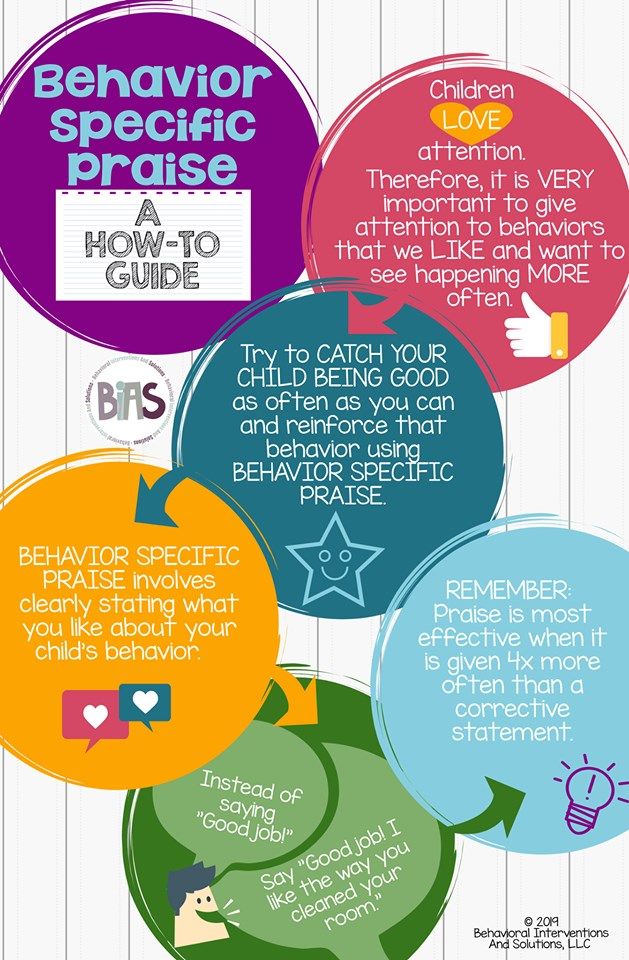
6. Instead of: “Smart girl!”
Try: “You worked really hard on that math problem. I knew that you could solve it if you really focused!”
Praising kids for fixed attributes—such as intelligence, or aptitude at certain subjects—can really backfire. If children think they are naturally good at something, not only will they tend to not try so hard next time, but they can get quickly disillusioned if they struggle, questioning if they are clever after all.
7. Instead of: “That was nice of you!”
Try: “I saw you help that little boy when he fell. He was really upset, wasn’t he? I think you really helped him to feel better when you gave him a hug though. It feels good to help people, doesn’t it?“
This is once again about noticing what your child has done and letting them know that you have seen, and appreciated, their actions by clearly describing what you have seen. Asking the child to reflect on how they feel about their positive actions significantly increases the chance of repeating them another time.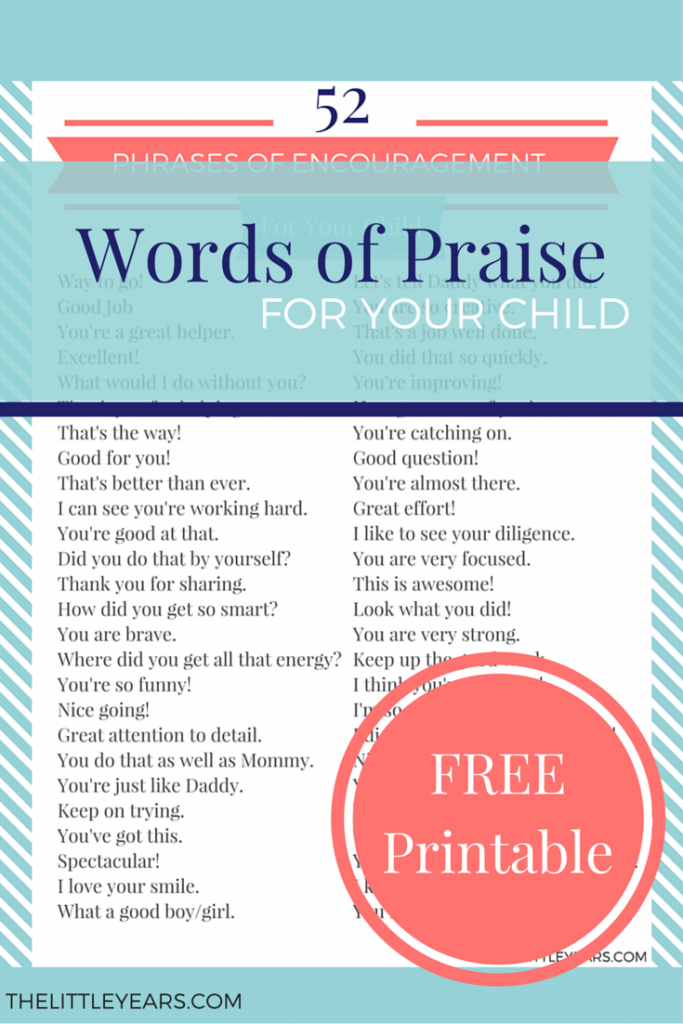
8. Instead of: “Yay, you made a poo in the potty!”
Try this: “You made a poo in the potty! I know you tried a few times this morning and didn’t manage to do anything, but all that practice has really helped, hasn’t it? Now you’ve managed to do it!”
Potty training and praise tend to go hand in hand, but praising kids for their ‘achievements’ can really backfire here. First, they may strain to do something when they don’t need to go. Here the praise can teach them to ignore their body’s signals and override them to get praised. This is not what you want to teach in potty training.
Related: 10 positive parenting techniques for disciplining your child
Second, praising results misses all the effort put in, even when they didn’t manage to do something, or get to the potty on time. It’s this effort, though, that got them to the end point. Once again, focus on the effort, even if there are accidents, not the outcome.
9.
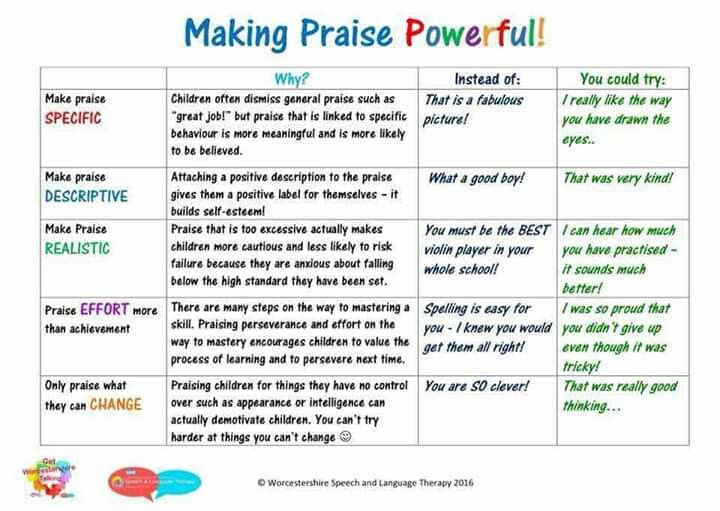 Instead of: “Yay, you finally ate all your dinner!”
Instead of: “Yay, you finally ate all your dinner!”Try: “I guess you’re not hungry right now, that’s OK. I’ll put this food in the microwave, let me know if you want me to reheat it for you later.”
Praising for eating is perhaps the most counterproductive praise of all. It encourages children to stop listening to what their bodies are telling them. They learn that it is good to eat when they are not hungry to please others, and to eat things that they don’t like to feel good. In time, these eating behaviors can quickly lead to overeating, comfort eating and emotional eating. Keep praise well away from the dinner table.
10. Instead of: “Good job for calming down!”
Try: “You were really mad, weren’t you? It’s OK to be angry sometimes. As you get older you’ll learn more ways to control your temper. Until then I’m happy to help you to calm down.”
Praising children when they are ‘good’ and ignoring them when they are ‘bad’ can cause all sorts of problems.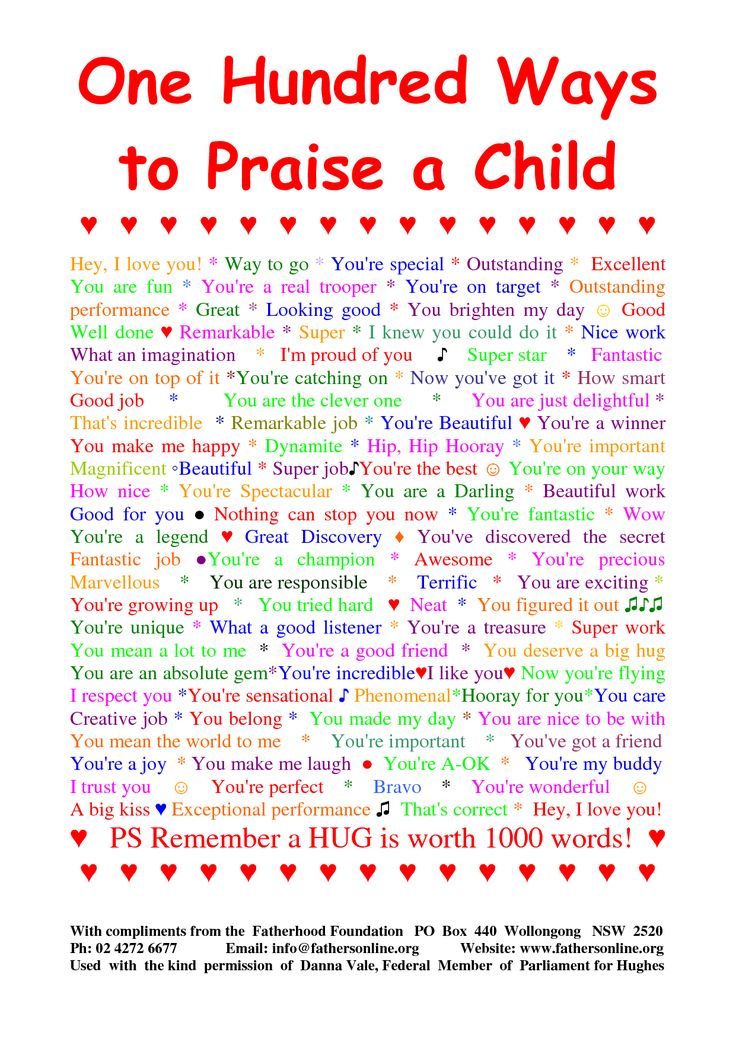 When kids are mad they don’t get angry for no reason. They’re angry because they don’t feel good, and they can’t control their emotions. Heaping on the praise when they calm down is like saying to them, “I only like you when you’re happy.”
When kids are mad they don’t get angry for no reason. They’re angry because they don’t feel good, and they can’t control their emotions. Heaping on the praise when they calm down is like saying to them, “I only like you when you’re happy.”
Related: 6 ways to raise emotionally intelligent kids, according to a clinical psychologist
Supporting them with their emotions, whatever they are, helps them to feel validated and connected to you, which will help them to share their feelings with you in the future. Praising a kid for hiding their feelings from you unsurprisingly causes many issues as they get older.
Praising mindfully and effectively takes time. Most of us were raised with superficial praise, and it’s all too easy to slip and repeat the words you heard from your parents subconsciously. It’s alright to slip and say “good job” sometimes. Just try to slowly move towards being more mindful of what you say. In time, this new way of praising will become second nature, especially when you see such good results from it.
A version of this post was published June 15, 2020. It has been updated.
10 phrases parents should give up
© Collage by Kristina Savelyeva
Child psychologist Chaim Ginott believed that praise is like penicillin: it is important to use it correctly and not forget about possible side effects. Often praise does not convince the child to repeat the actions for which he was praised, but teaches him not to do anything without encouragement.
Incorrect, too general formulations make the child think that the parents do not pay attention to him. Motherly analyzed the most popular phrases for praise and offered more suitable alternatives. Their advice has been translated for you. nine0005
Instead, try saying, “Thanks for helping me clean up. I liked how neatly you arranged the shoes. Now it will be easier for us to find her in the morning. ”
”
Be specific in your praise.
The word "Well done" is not like constructive feedback, it does not let the child understand what exactly he should do next. Tell him why you are proud of him. Explain why his behavior made you happy. So the child will understand that you appreciate him.
Instead, try saying, “I've been watching you trying to tie your shoelaces for a long time. It's not that easy, right? I'm proud that you kept trying and didn't give up. With diligence and patience, you will soon learn."
Praise the child's effort, not the result.
Paying attention to some results, you demotivate the child. It's okay to celebrate success, but don't ignore the effort your child is making. Such support will show the child that you believe in him. nine0005
Instead, try saying, “I love the animals on your T-shirt.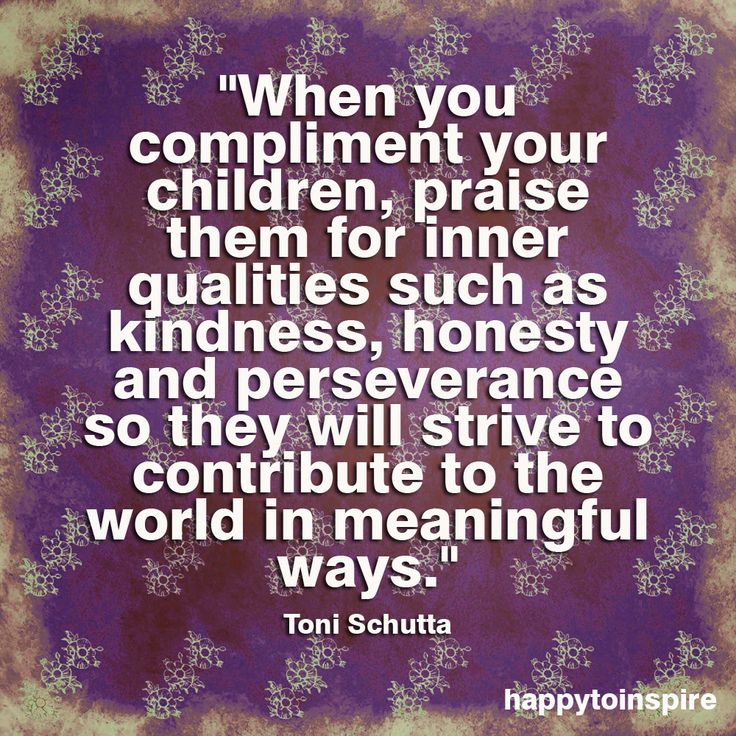 And what is your favorite?"
And what is your favorite?"
Complimenting a child's appearance can lower their self-esteem.
Children may decide that people like them just for how they look. As they get older, they will become more and more concerned about their appearance.
If you want to praise the child's appearance, focus on what he can change. For example, on his clothes. This conversation will show the child that you are interested in his feelings and thoughts. nine0005
Instead, try saying, “I like the colors you chose. Why did you choose them?"
Even though a child has shown you hundreds of drawings over the past few months, you must understand that he considers each of his works to be special.
Of course, it's easier to quickly praise a drawing without even looking at it. But this is not what children expect from you.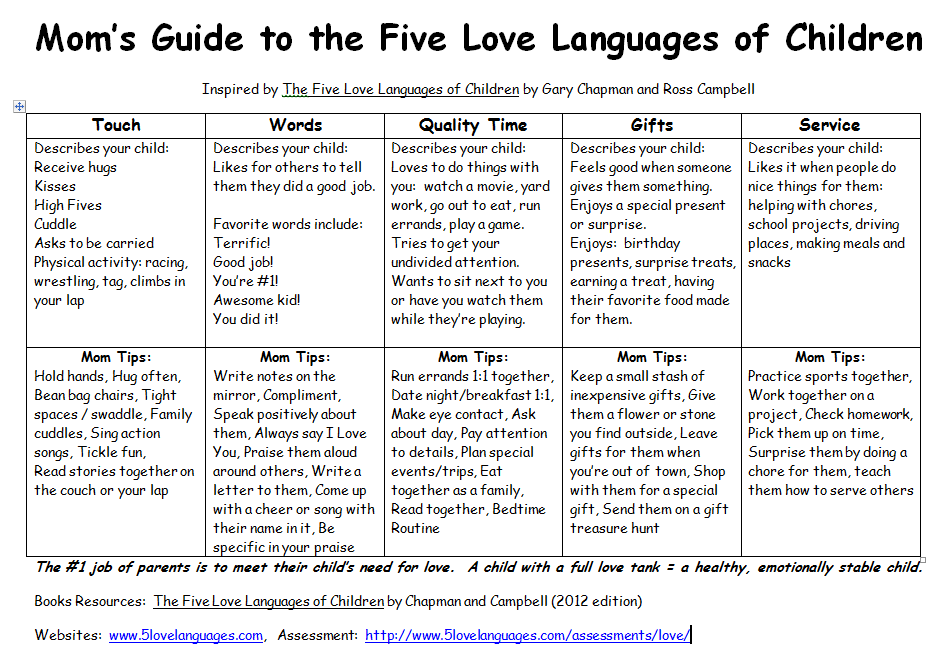 Choose an element of the picture and ask the child about it.
Choose an element of the picture and ask the child about it.
Instead, try saying, “You put in a lot of effort. We are glad that the teacher noticed this. You deserve a rating. Did you learn something while working on the assignment that will be useful to you next time?” nine0005
If your child studies a lot, pay attention to it.
Tell him that you saw his efforts and appreciated them. Praise for good grades, but also find out what helped you get them. Then it will be easier for the child to understand how to succeed again.
Instead, try saying, “You worked hard on this task. I knew you would solve it if you focused."
Children should not be praised for their intelligence or aptitude for certain school subjects. nine0005
Children will decide that they can only cope with tasks due to their talents, and next time they will not make an effort or will begin to doubt whether they are really that smart.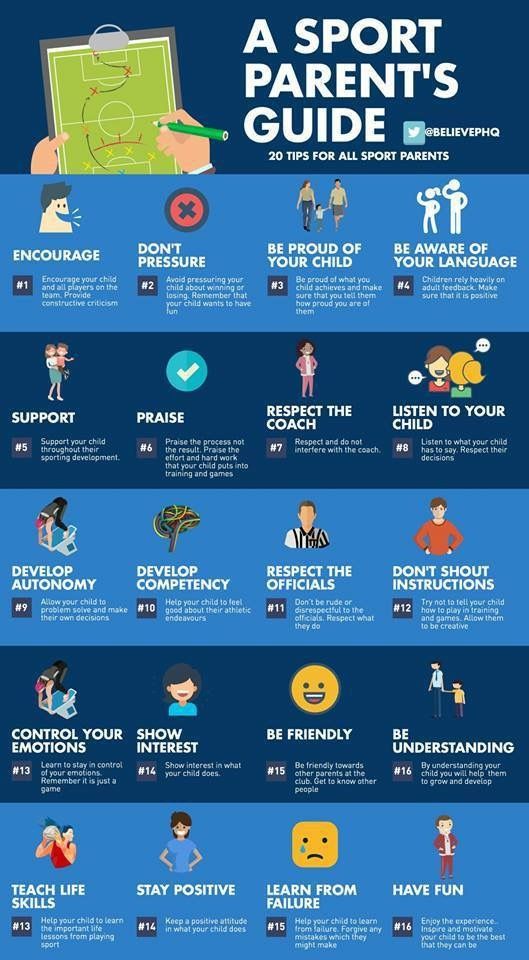
Instead, try saying, “We saw you help a fallen boy. He was very upset, wasn't he? We think he felt better when you hugged him. Helping people is nice, right?
Again, clearly describe what exactly the child's actions you appreciated.
Invite him to think about how he himself relates to his good deeds. Thanks to this, he will want to help others further.
Instead, try saying, “I know you've been trying to go potty all morning, but you can't. Did the workouts help? Now you've succeeded!"
Potty training should be accompanied by praise. But if you praise the child only for the result, then this can lead to problems.
The child will get used to pushing, although he does not need to go to the toilet. Due to improper praise, he may begin to ignore the signals of his body. nine0005
And, as in the previous examples, by noticing only the result, you devalue the child's efforts.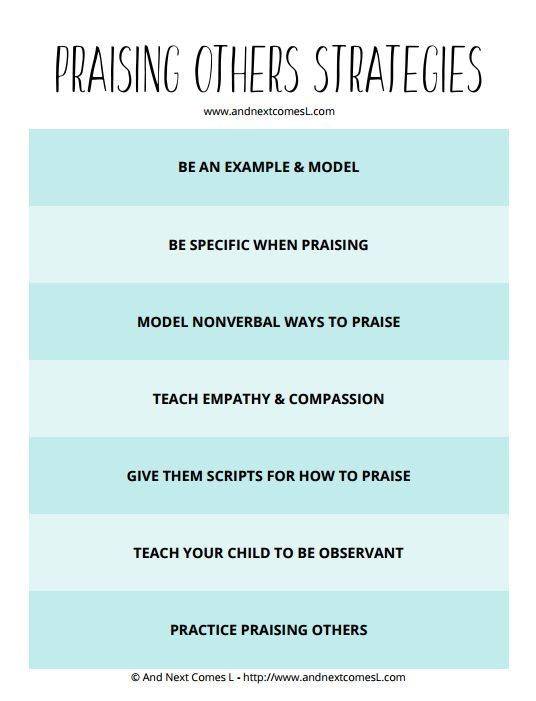
Instead, try saying, “You don't feel like eating right now? This is fine. Just tell me when you're hungry, I'll heat up the food."
Praise for food will also make children stop listening to body signals.
Children will decide what to eat, even if they are not hungry or do not like a particular dish, just to please others. Over time, this can lead to overeating. Therefore, no praise at the dinner table. nine0005
Instead, try saying, “You were really angry, weren't you? It's okay to be angry. Later, you will learn to control your mood. In the meantime, I'm happy to help you calm down."
If you praise a child when he behaves "good" and ignore his "bad" behavior, then one day you will run into problems.
Children get angry for a reason. They get angry because they're upset and can't deal with their feelings.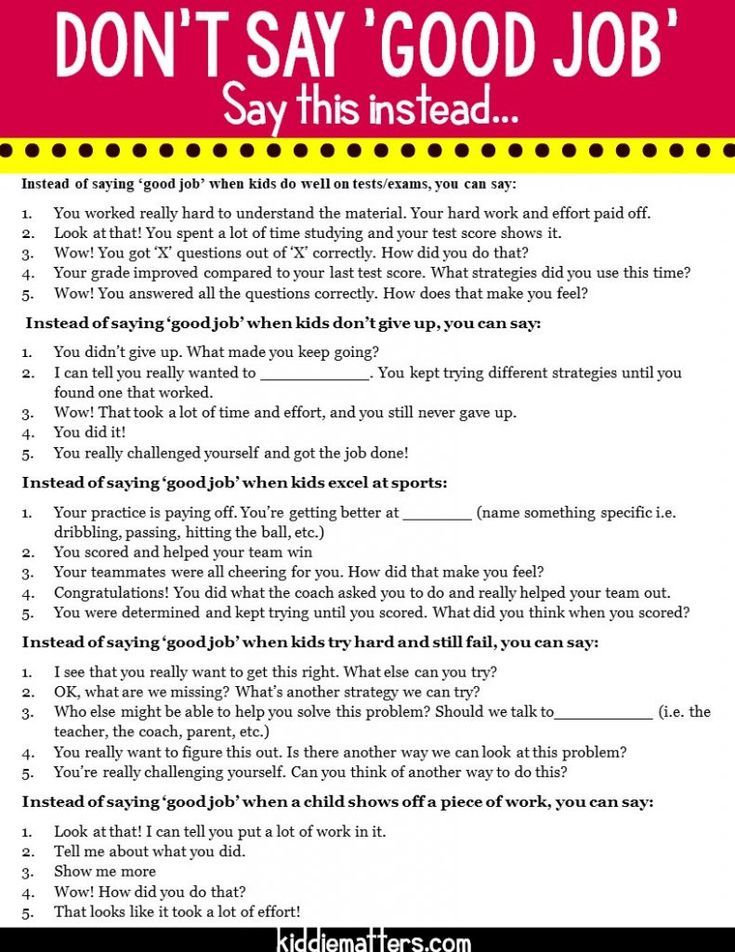
Praising a calm child, you seem to say: "I like you only when you are happy." Always support the child, and he will be ready to share his emotions and feelings with you. nine0005
Learning to praise a child consciously rather than using general phrases is not easy. Try to pay more attention to what you say to your child. Soon you will learn to praise him differently and notice a positive result.
How to praise a child - Psychologos
How to praise a child? - Generous!
“Great! Well, what a good fellow you are! "You drew a great picture!" “Such a difficult dictation - and almost everything is correct! I am very proud of you!" “You built such a big tower! Class!" “You played with your blocks for an hour. I’m really glad that you can play with yourself for so long!” “Just super, how you skate already! I can never do that!” “What a surprise, you dressed yourself!” “Have you set the table yet?! It's just great that you spoil us like that!" nine0104
Every child needs such an assessment of his activity, almost like air.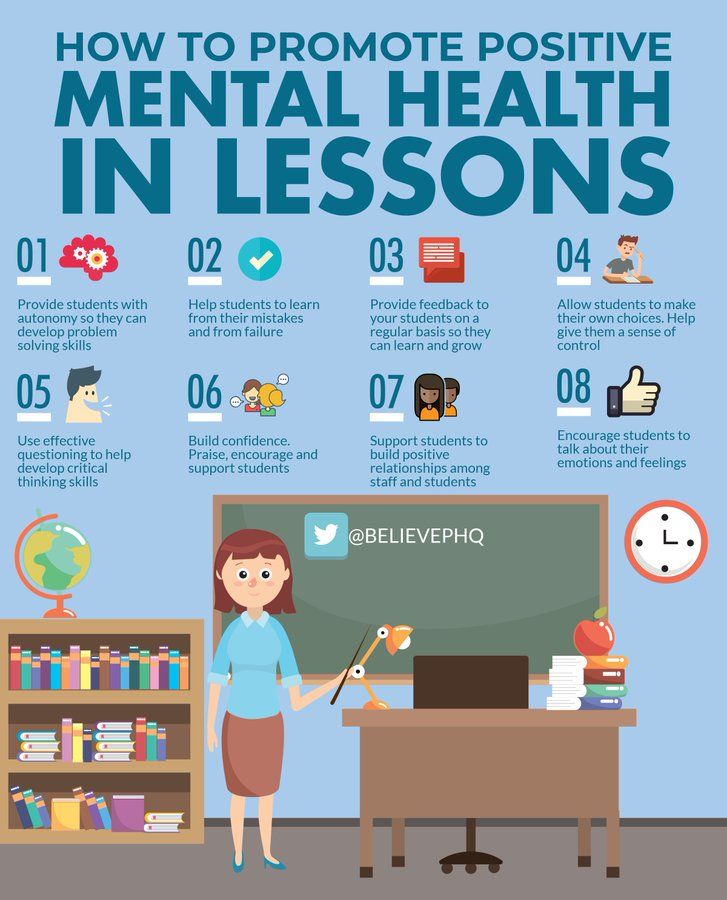 It is necessary that he hear such phrases as often as possible so that he can be pleased with himself. Parental words are like an echo, a kind of "inner voice" that remains with him for a long life. The self-confidence and praise that he will receive from you, he will have nowhere else to take. You are now laying a brick in the foundation of healthy self-esteem. This is very important, as we adults know from our own experience that usually in life we have to do without praise and approval from others. nine0005
It is necessary that he hear such phrases as often as possible so that he can be pleased with himself. Parental words are like an echo, a kind of "inner voice" that remains with him for a long life. The self-confidence and praise that he will receive from you, he will have nowhere else to take. You are now laying a brick in the foundation of healthy self-esteem. This is very important, as we adults know from our own experience that usually in life we have to do without praise and approval from others. nine0005
Your praise of a child will have a special effect if the following conditions are met.
Praise can be different. Make it different!
The film "The Sword in the Stone"
By praising a child, we usually mean sentences with the word “You”: “You are so brave!” "Well done!" "You helped me so much!"
Praise with the I-message is more effective: “I am very proud of you!” "I'm very glad!". "Normal" praise shows the child: "My parents see that I'm good at something. " And praise with the I-message: “What I do is very important to my parents. My behavior makes them feel good. We are one." This kind of praise creates intimacy. nine0005
" And praise with the I-message: “What I do is very important to my parents. My behavior makes them feel good. We are one." This kind of praise creates intimacy. nine0005
Emotions can be expressed without words. Spontaneous hugs, a gentle look, a smile, gentle stroking - all this penetrates the child right into the heart and has a response: the newborn smiles, the 2-year-old climbs onto your knees and hugs your neck, the 4-year-old gives you a kiss.
Be specific about what you liked
“You cleaned your room very well. Even on the desk and shelves!” “A good picture turned out, you chose the colors perfectly. I especially like the sky." “You set the table so beautifully, even with napkins and candles! Looks very comfortable." nine0104 The more precisely you can say what exactly you liked, the better. The child will feel that you really care about his good behavior. This sounds much more believable than "That's great!" or "Well done, well done!"
Look very carefully before speaking.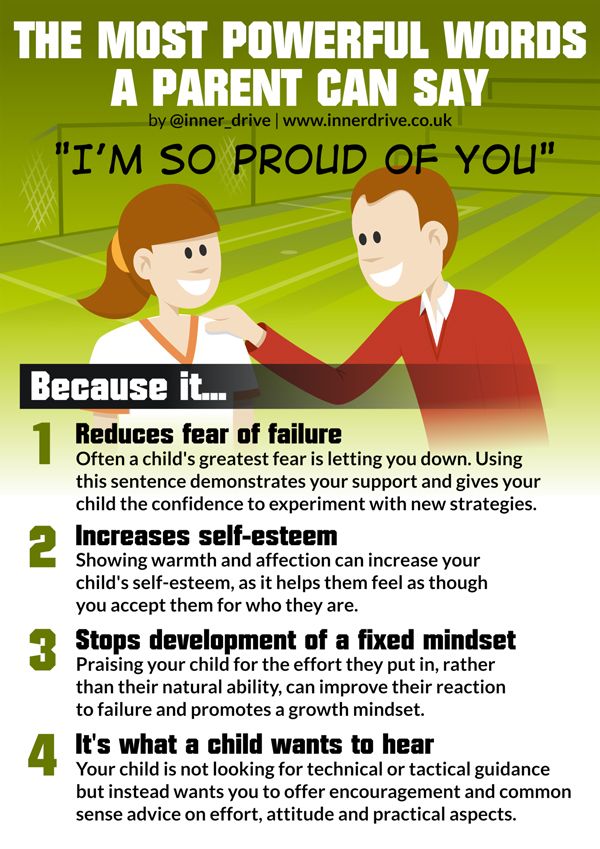 Thus, even from a not particularly pleasing event, you can find a positive seed:
Thus, even from a not particularly pleasing event, you can find a positive seed:
“This row came out especially well and neatly!” - this is how you can praise a schoolboy who did his homework in the Russian language and from which only one series was a success. nine0005
If your child does not give too many things to praise, it is all the more important to look for those crumbs and praise them. "That's what I like!" Don't forget the important thing: what is a small thing for others can be a huge step forward and a real achievement for your child. The overall result here is not very important. Every detail must be noticed, every improvement, every step in the right direction must be emphasized. This works best if you concentrate on to your child and to his development and you will not compare him with others - especially with brothers or sisters!
Stop at the good
How often do we praise children, increasing self-esteem, and then with one extra sentence we destroy everything again:
“You did really well on this row.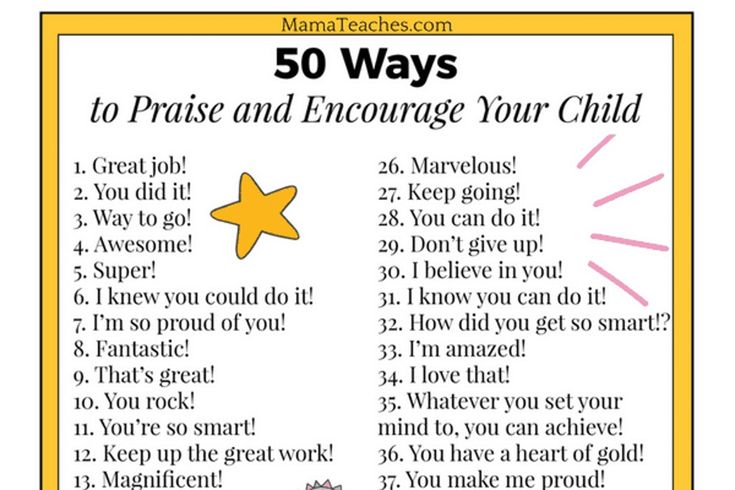 But everything else is scary doodles!” "You did a great job. It's usually like a pigsty in here.” “You both played so well for 15 minutes together. nine0154 This should be noted somewhere! Usually you fight after 5 minutes.” “You did your homework quickly and with concentration today. Why can't you always do this without unnecessary reminders?!” “In football you are a real ace. If everything looked just as great at school.” “You returned home on time today. After just my thousandth reminder!”
But everything else is scary doodles!” "You did a great job. It's usually like a pigsty in here.” “You both played so well for 15 minutes together. nine0154 This should be noted somewhere! Usually you fight after 5 minutes.” “You did your homework quickly and with concentration today. Why can't you always do this without unnecessary reminders?!” “In football you are a real ace. If everything looked just as great at school.” “You returned home on time today. After just my thousandth reminder!”
Such reproaches come off the lips very easily. It's a pity. After the praise, put an end to it and, if necessary, bite your tongue - but stop at the good! nine0005
How to praise a child
Who and what to praise: the child himself or his deeds?
Many parents believe that praise helps a child gain self-confidence. In fact, praise can lead to nervousness, bad behavior of the child.